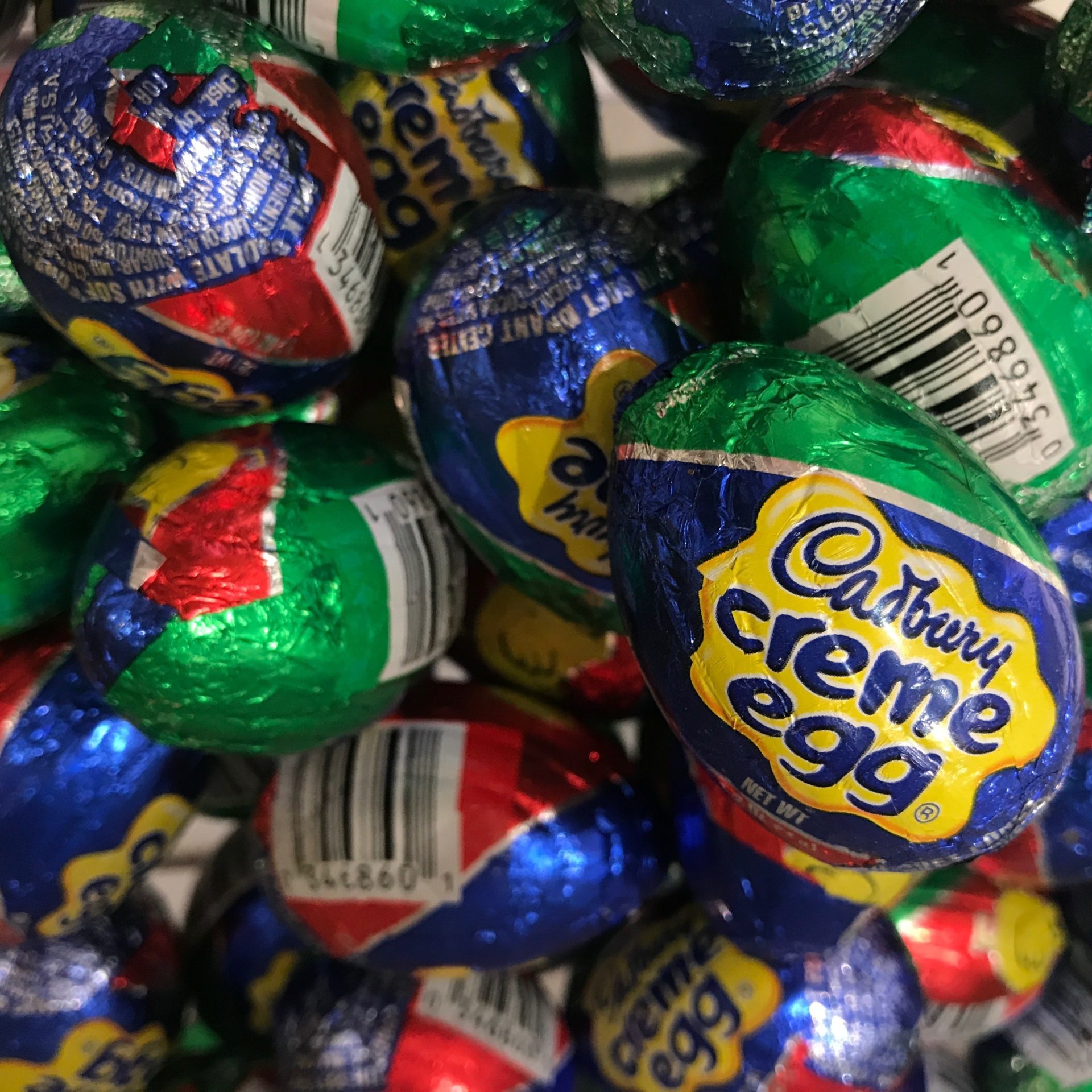

BrandVue's Most Loved FMCG Brands 2022
Cadbury takes pride of place at the top of our Top 100 Most Loved FMCG Brands league table. But what is its winning formula?
Cadbury is a longstanding brand that many in the UK have grown up loving. Its product range is vast, providing relevance throughout the calendar year, not just at key events like Easter and Christmas. With a heritage dating back nearly 200 years, Cadbury products are firm family favourites, from Dairy Milk and Double Deckers, to Roses and Creme Eggs.
If it wants to retain its status as the UK’s Most Loved FMCG Brand, it needs to meet consumers’ increasingly ethical demands by taking even greater responsibility for its social and environmental impact.
The role of Cadbury’s heritage in generating Brand Love is evident when we compare its brand attributes to others in the Top 100 Most Loved FMCG Brands League Table. Cadbury is seen as one of the top 3 most ‘classic’ brands by consumers, and while it falls a little further down the list for attributes such as ‘innovative’ (21st place) and ‘inspiring’ (17th place), it clearly benefits from providing something a little different – consistency.
This is core to Cadbury’s offering, by ensuring consumers always know what to expect, and so can return for the same experience each and every time. Similarly, Cadbury enjoys a position in the top ten for being seen as ‘distinctive’; reinforcing the brand’s iconic status, and the extent to which it is supported by its marketing assets, such as its trademark Cadbury purple.
Unlike some of the confectionery brands it competes with, including Lindt, Green & Blacks, and Galaxy, Cadbury is distanced from ‘luxurious’ and ‘premium’ associations. While this could be viewed negatively, it’s actually in Cadbury’s favour, as it demonstrates its position as an everyday, household brand, leading the way for being seen as ‘for people like me’. This is cemented by its position in 3rd place for being seen as ‘attractively priced’, further highlighting its accessibility, which is something that is only going to become more important as UK consumers struggle with the daily cost of living, and perhaps need to consider cutting back on luxuries.
There are, however, some areas where Cadbury falls behind its Top 100 competitors, notably around its ‘caring’ and ‘ethical’ credentials. Cadbury has faced its share of scandals and negative PR over the years, but the fact that its Brand Love has not suffered any long-term damage truly demonstrates the strength and resilience of the brand.
Nevertheless, consumers’ demand for brands they buy from to be caring and ethical isn’t going away, and it appears to be a perceived limitation of the FMCG sector in general, with no brand dominating in this area. The leading brands in the sector associated with being ‘caring’ are fabric softeners (Comfort, Lenor) and baby formula brands (Cow & Gate, SMA), which rely on caring and compassionate brand associations within their marketing to reassure their customers and help sell their products. The brands taking the lead for ‘ethical’ perceptions are plant-based foods such as Quorn, Alpro and Cauldron, highlighting the ongoing trend towards meat and dairy alternatives, and the positive associated ethical connotations.
Having recently moved into the plant-based space with its ‘Cadbury Plant Bar’, perhaps this is an angle Cadbury can further utilise to support and improve its image as a caring and ethical brand. It is a departure from what it is traditionally known and loved for but signals a clear nod to the current direction of travel; a plant-based trend which is becoming a normal part of daily life for an increasing number of UK consumers.
Of course, this isn’t the only route to growing the brand’s ethical perceptions. Green & Blacks, a close competitor to Cadbury, is ranked as one of the top 5 most ethical FMCG brands by consumers due to its sustainable claims and Fair-Trade accreditation. Cadbury has also taken action in this area, by sustainably sourcing all Cadbury Dairy Milk cocoa through Cocoa Life and pledging to do the same for all Cadbury products by 2025. However, this initiative is perhaps not very well known or understood by consumers, and so is yet to translate into strong ethical brand associations.
While Cadbury struggles to take ownership in the caring and ethical space, no FMCG brand has successfully achieved this, and so it presents a clear opportunity for Cadbury to create a point of difference here. It appears that the brand has realised too that, if it wants to retain its status as the UK’s Most Loved FMCG Brand, it needs to meet consumers’ increasingly ethical demands by taking even greater responsibility for its social and environmental impact. If it can achieve this, it can no doubt cement its place in UK consumers’ homes, as well as their hearts.
BrandVue’s Most Loved FMCG Brands 2022
Download the full report here to discover the UK’s Top 100 Most Loved FMCG Brands, as well as expert analysis on where the industry is heading and what brands can do to become more loved by consumers.



